Academic Publications

Reporting from the Outside While Looking In: Iranian Diaspora Journalists and #WomanLifeFreedom
The International Journal of Press/Politics, 30(2)
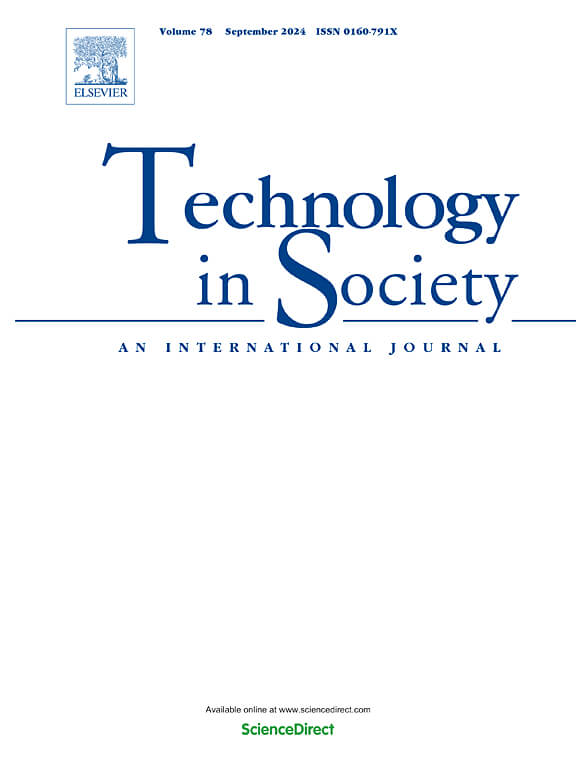
Fact-Checking in the Age of AI: Reducing Biases with Non-Human Information Sources
Technology in Society

Who Can Say What? Testing the Impact of Interpersonal Mechanisms and Gender on Fairness Evaluations of Content Moderation
Social Media + Society, 10(4)

Comparing a BERT Classifier and a GPT classifier for Detecting Connective Language Across Multiple Social Media
Proceedings of the 2024 Conference on Empirical Methods in Natural Language Processing
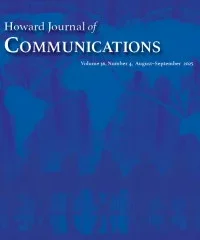
The Representation of Afghans in the American Sitcom United States of Al: Examining the Burden of Representation and Challenges of Media Visibility
Howard Journal of Communications, 1-17

The challenge of identifying behavioral goals for communication in the context of basic science
Journal of Science Communication
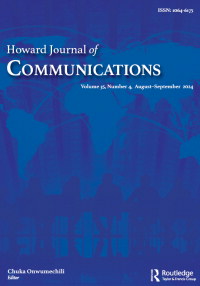
“What Flipping Right Does a Teacher Have to Say Being [LGBTQ+] is Okay?”: Understanding Twitter Discourse Around U.S. Anti-LGBTQIA+ Legislation
Howard Journal of Communications, 1–17
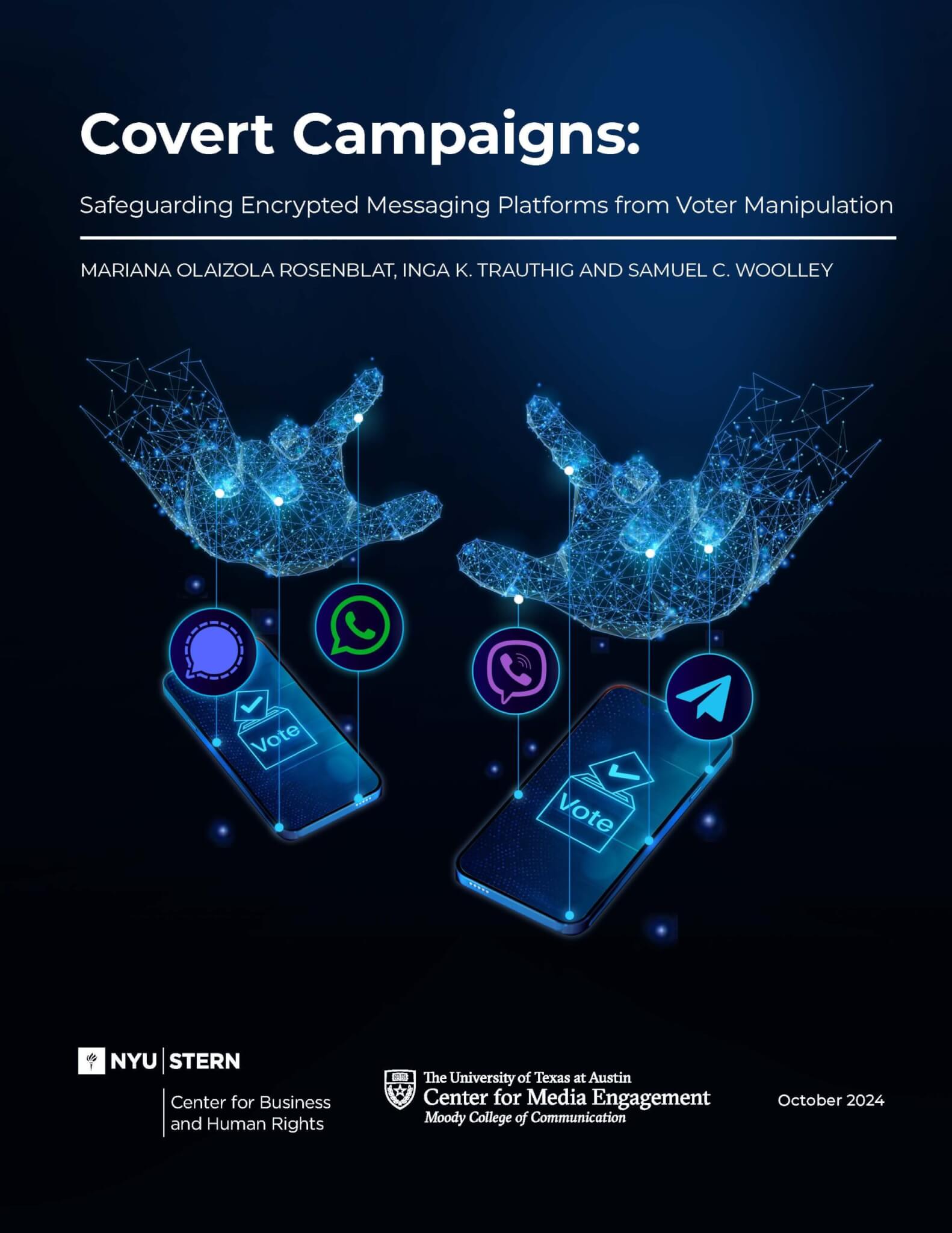
Covert Campaigns: Safeguarding Encrypted Messaging Platforms from Voter Manipulation
NYU Stern Center for Business and Human Rights

The virus and an enemy within: Construction of an invidious news discourse by the mainstream press in India
Discourse & Communication, 19(2)

Lodging complaints against platform power: how Lebanese journalists and activists experience reporting mechanisms, platform failures, and techno-alienation
Information, Communication & Society, 1–18
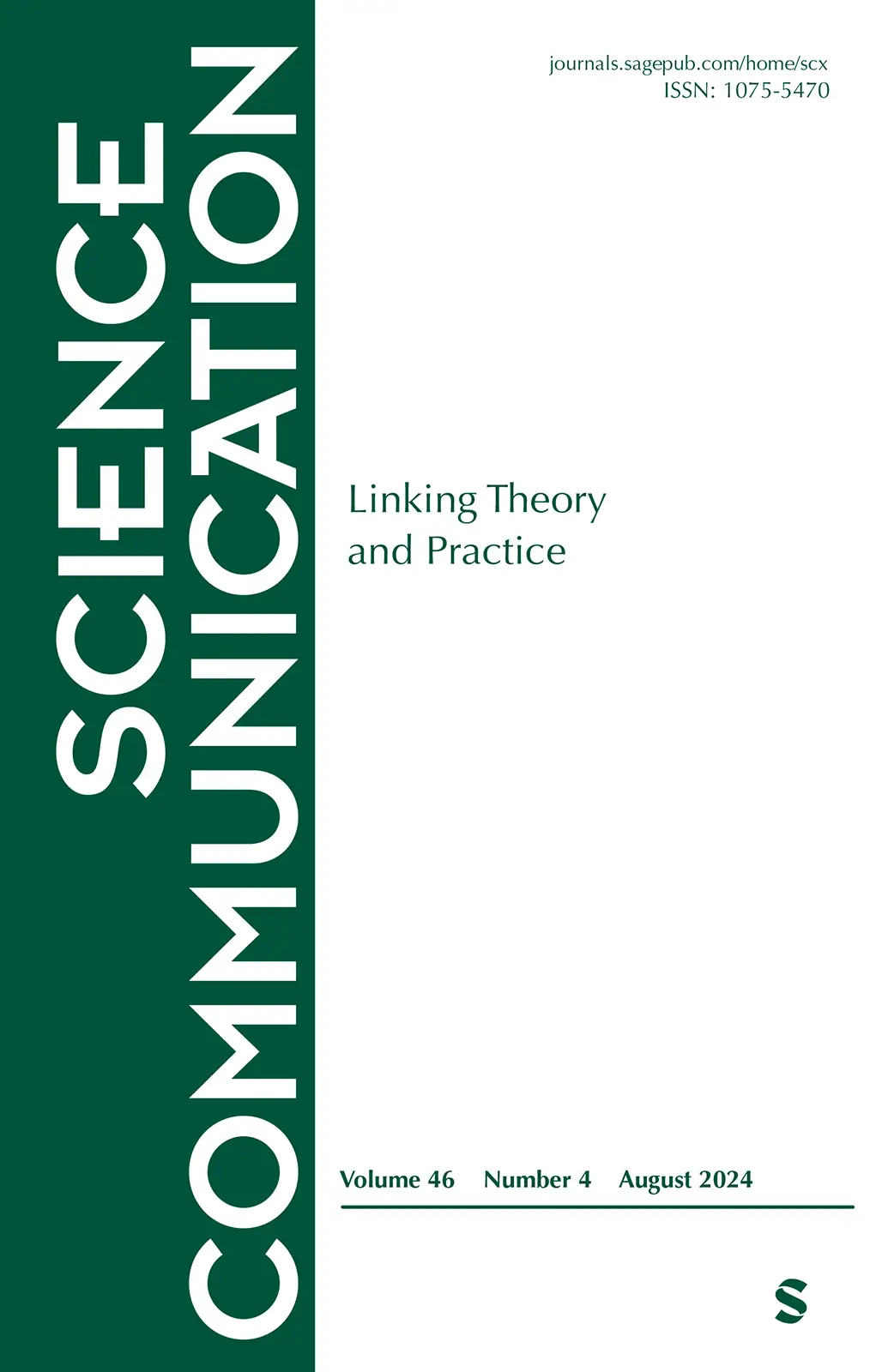
Science Communication Spaces as “Pockets of Belonging”: Inviting in a Plurality of Science Identities for Scientists-in-Training
Science Communication

Global Misinformation & Disinformation Special Issue Introduction
International Journal of Public Opinion Research, 36(3)
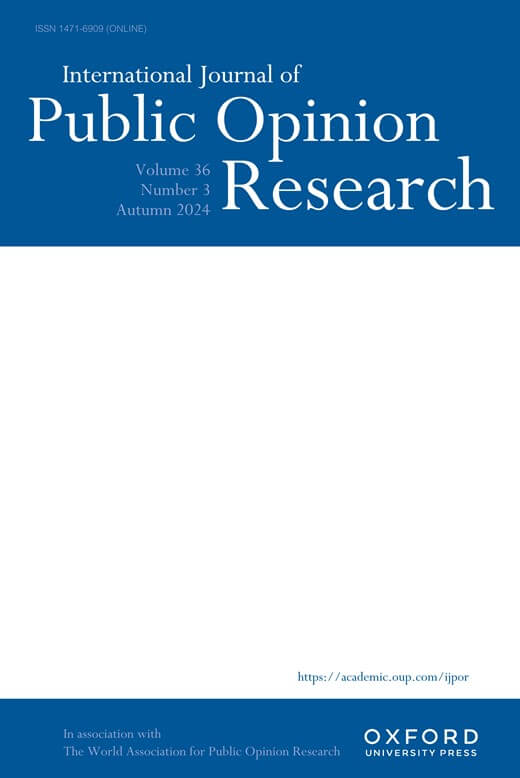
Global Misinformation & Disinformation Special Issue Introduction
International Journal of Public Opinion Research
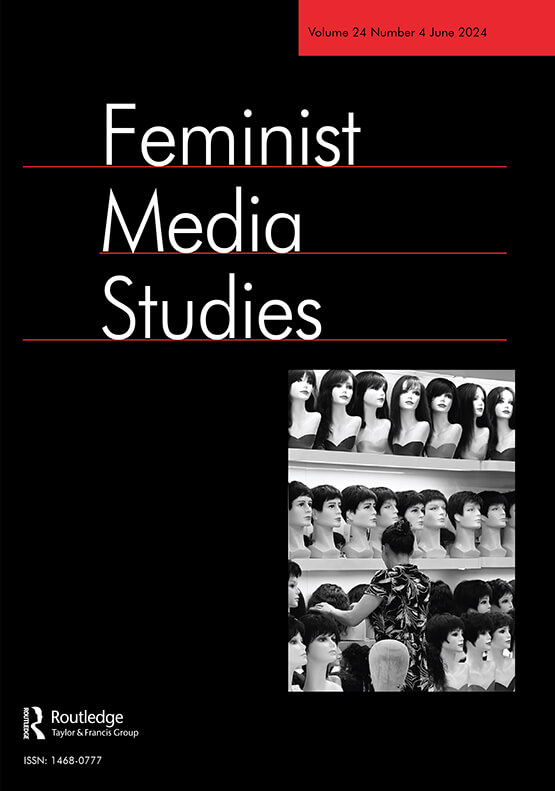
Genocide, surveillance, and babies: “embodied propaganda” and the anti-abortion to conspiracy pipeline
Feminist Media Studies

From Concept to Community: Unpacking the Work of Designing Educational and Activist Toolkits
Proceedings of the 2024 CHI Conference on Human Factors in Computing Systems (pp. 1-15)

Journalistic storytelling for social justice: A CDA of global news coverage of the Otodo Gbame forced evictions in Nigeria
African Journalism Studies, 45(1)
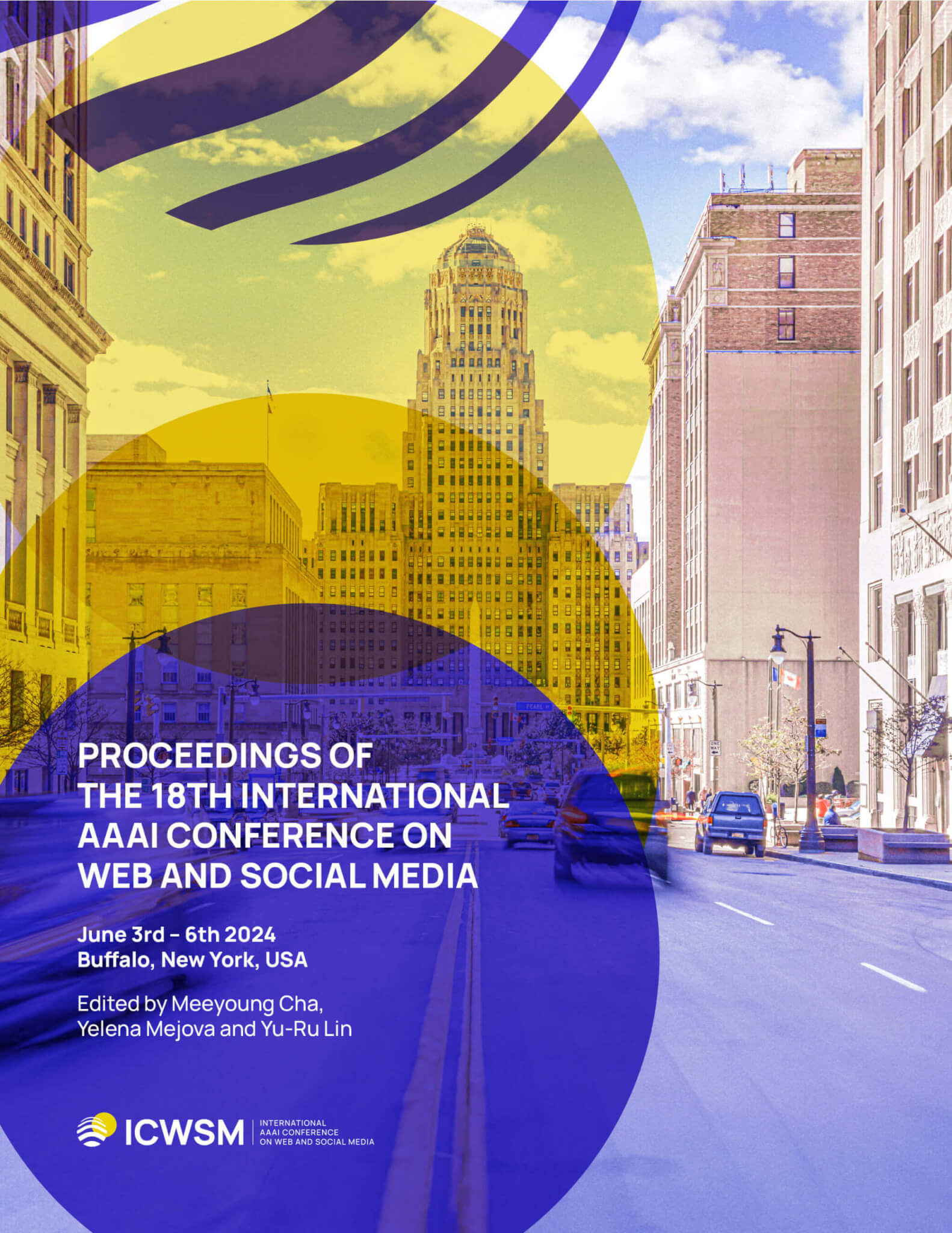
The Manifestation of Affective Polarization on Social Media: A Cross-Platform Supervised Machine Learning Approach
Proceedings of the International AAAI Conference on Web and Social Media

The effects of Facebook and Instagram on the 2020 election: A deactivation experiment
Proceedings of the National Academy of Sciences

Fighting for Their Voice: Understanding Indian Muslim Women’s Responses to Networked Harassment
Proceedings of the ACM on Human-Computer Interaction
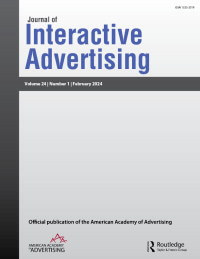
Artificial Intelligence in Influencer Marketing: A Mixed-Method Comparison of Human and Virtual Influencers on Instagram
Journal of Interactive Advertising, 1–20

Journalist Identity and Selective Exposure: The Effects of Racial and Ethnic Diversity in News Staff
Mass Communication and Society, 1–27
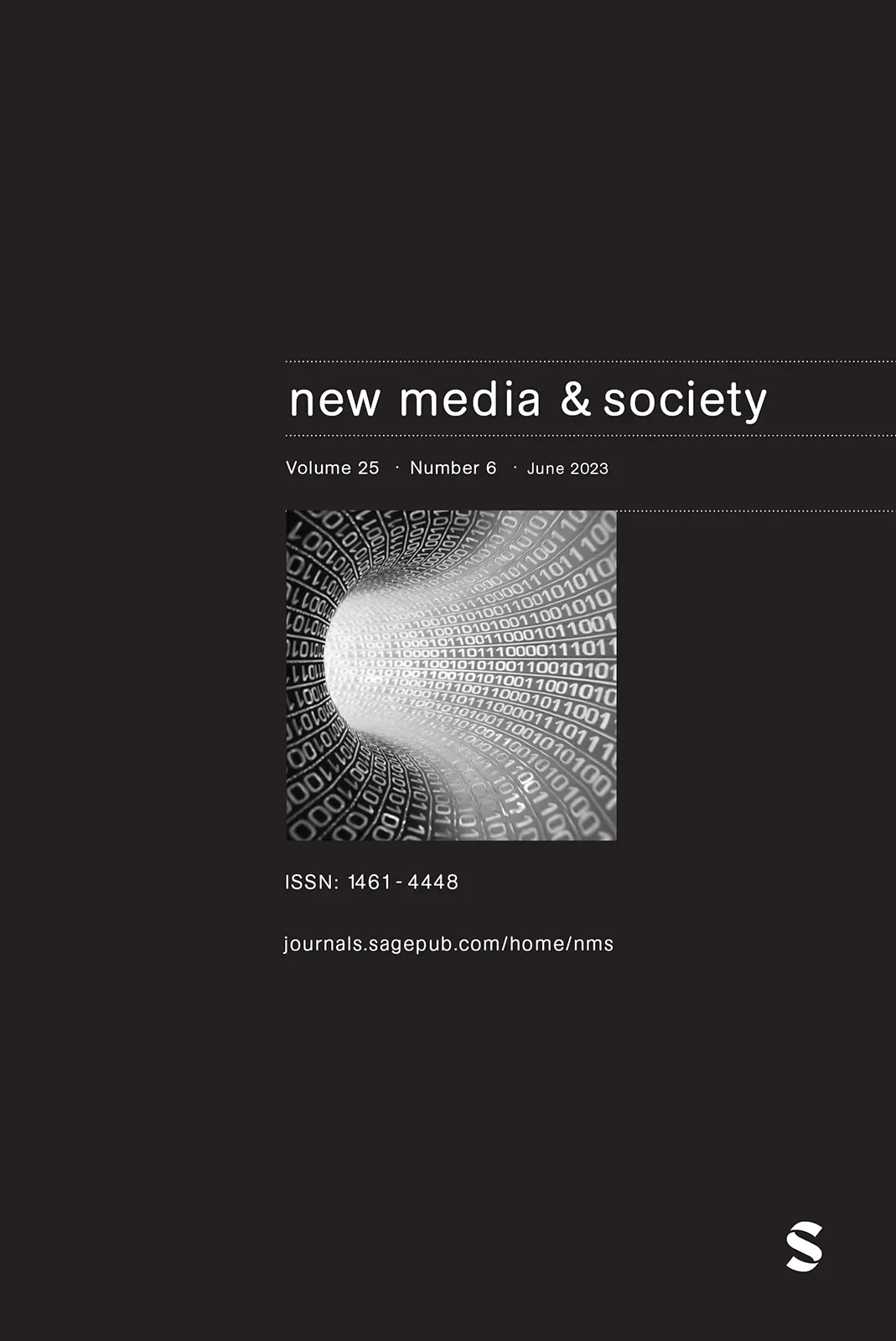
Infrastructural platform violence: How women and queer journalists and activists in Lebanon experience abuse on WhatsApp
New Media & Society

Embodied Political Influencers: How U.S. Anti-Abortion Actors Co-Opt Narratives of Marginalization
Social Media + Society

Covering the Distant Other: Discursive Construction of the Makoko Community in Nigeria as “Venice of Africa”
Journalism Practice, 1–18

Race-evasive ideology in U.S.-based science communication fellowship director discourse
JCOM 23(01), A06

Conceptualizing feminist solidarity through resistance in the “Woman, Life, Freedom” movement
Communication, Culture & Critique, 17(2), 120-126

Perceiving Affective Polarization in the United States: How Social Media Shape Meta-Perceptions and Affective Polarization
Social Media + Society, 10(1)
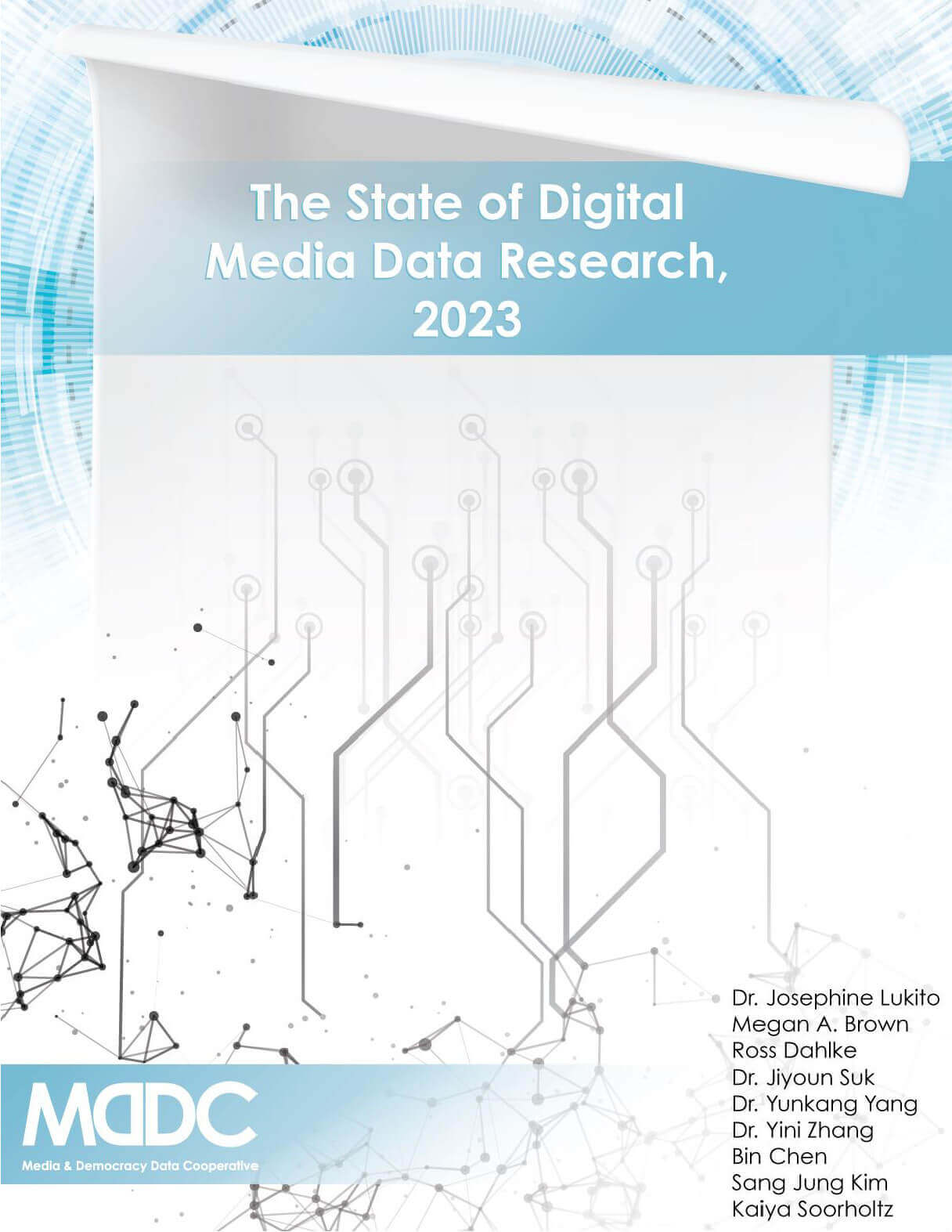
The State of Digital Media Data Research, 2023
Media & Democracy Data Cooperative
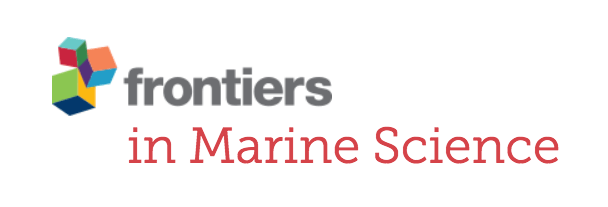
The effect of monitoring complexity on stakeholder acceptance of CO2 geological storage projects in the US gulf coast region
Frontiers in Marine Science


